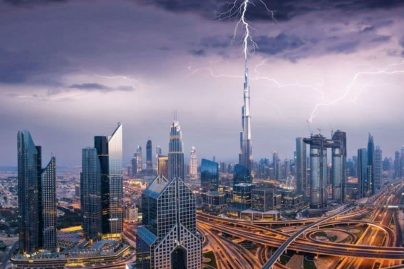In a year of losses, the Earth reaps some wins — but is it enough?
Thu 10 Dec 2020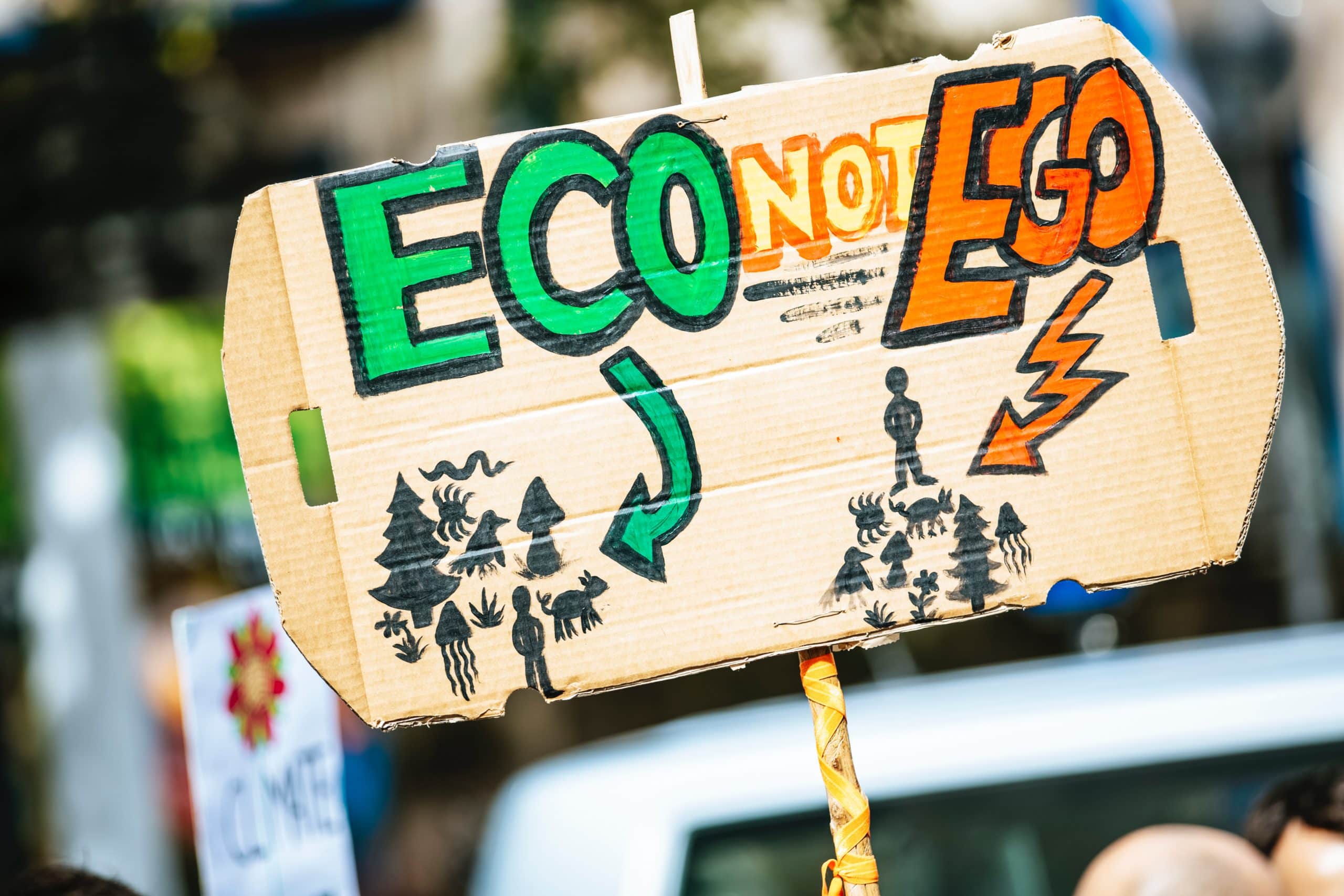
A year of turbulence, of tragedy, a year that tested resolve and grit, that pushed nations and their people to take a knee before its overwhelming onslaught.
The buckling challenges of pandemic aside, the world has been lashed with natural furies from raging wildfires devouring the Australian landscape, to shrieking hurricanes leaving a crumbling Central America in its wake.
With end-of-world motifs dominating headlines, it’s starting to feel a whole lot like a retrograde curse from the Earth to its denizens.
And that’s only being a tad dramatic — there are scientific ties to humanity’s encroachment upon wild lands that have possibly resulted in the emergence of what we call the dreaded ‘COVID-19’ today. Yet, biodiversity is still in free-fall, and deforestation in the Amazon on the rise.
Avowed plans to cut carbon emissions aren’t close enough to what they need to be to meet the modest targets of the Paris Climate Agreement—which, incidentally, the ‘Leader of the Free World’ formally exited last month.
But even as the pitfalls number plenty, as we inch closer into a new year, it is time to look back and reflect upon the saving graces — the good that blossomed from the bad.
Shifts in public opinion have taken a wide swing to favour science and the very real existence of climate change; Young, marginalised voices are finally taking stage; Governments and private sectors now see the profit in climate-smart investments; and hope has taken firm root with the incoming Biden-Harris Administration all set to bring in a age of green.
That’s not all though, we’ve also seen…
- Calls to end Wildlife Trade

The pandemic, thought to have originated at a market selling wild animals in China, has thrown a spotlight on global wildlife trade. The New York-based Wildlife Conservation Society is urging governments to ban live animal markets, and stop illegal trafficking and poaching of wild animals.
China has since introduced a ban on all farming and consumption of live wildlife, and the move is expected to become law later this year.
The U.S. this week also passed a bill to protect large felines like lions and tigers from a life of abuse and ill-managed living with the Big Cat Public Safety Act.
- Bye to fuel, shift to electric
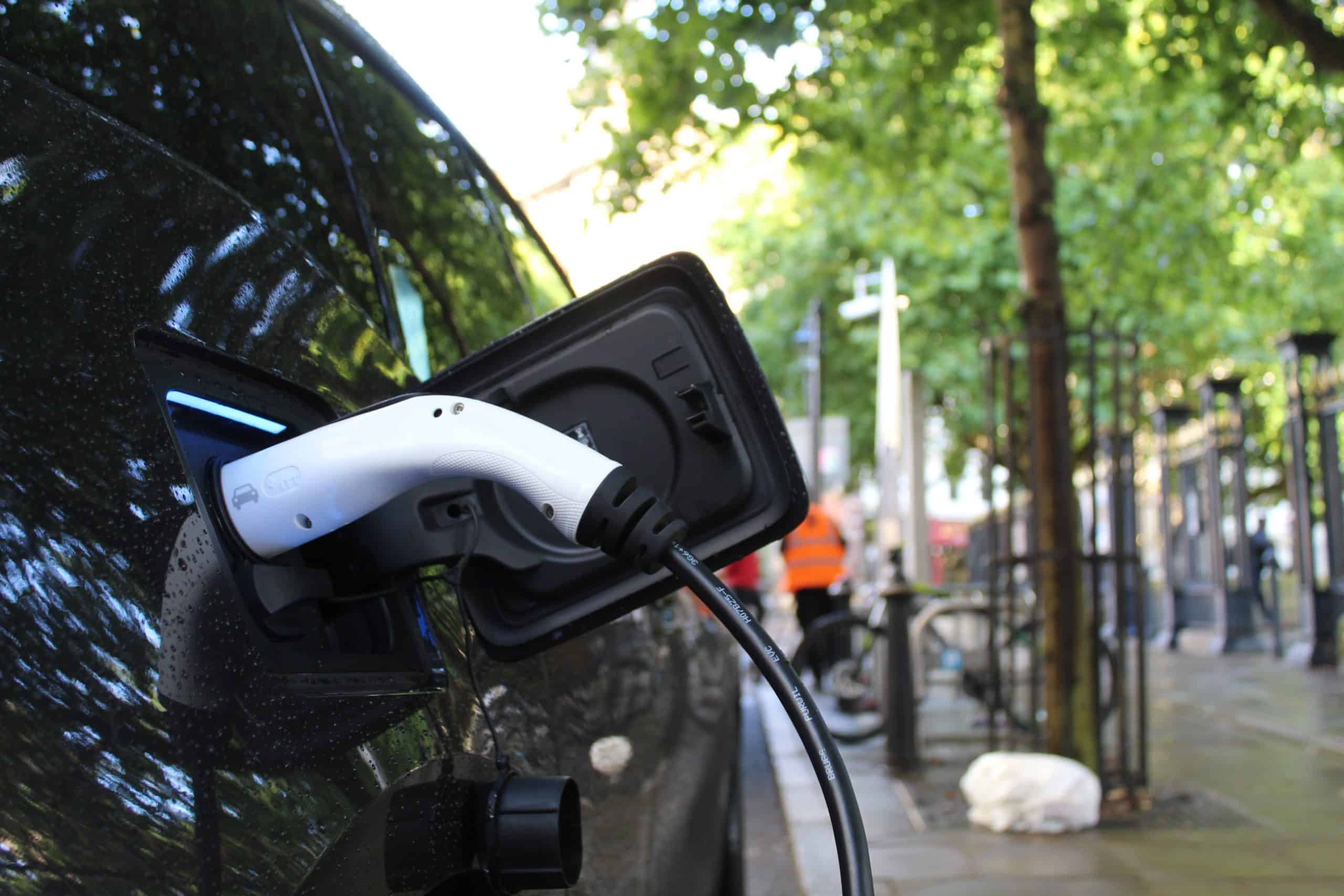
In 2010, there were just 17,000 electric cars on the world’s roads. In 2019, there were an estimated 7.2 million, and half of them in China.
Owing its rising popularity to tech advancements, lower prices, and government subsidies, the auto industry is making a quick spin into no-fuel zone.
The world’s largest carmaker, German-owned Volkswagen, made perhaps the biggest financial commitment of 2020, saying it will spend $86 billion making greener cars over the next five years. General Motors has also pledged funds towards a similar plan.
Amazon is set to roll out 100,000 electric delivery vehicles by 2030, while U.S. Postal Service may integrate electric vehicles into its next fleet of delivery trucks.
Several countries have also announced a ban on sale of fuel-powered cars over the next decade including Japan, Norway, the United Kingdom and the U.S state California.
- Renewable energy on the rise — if we keep at it
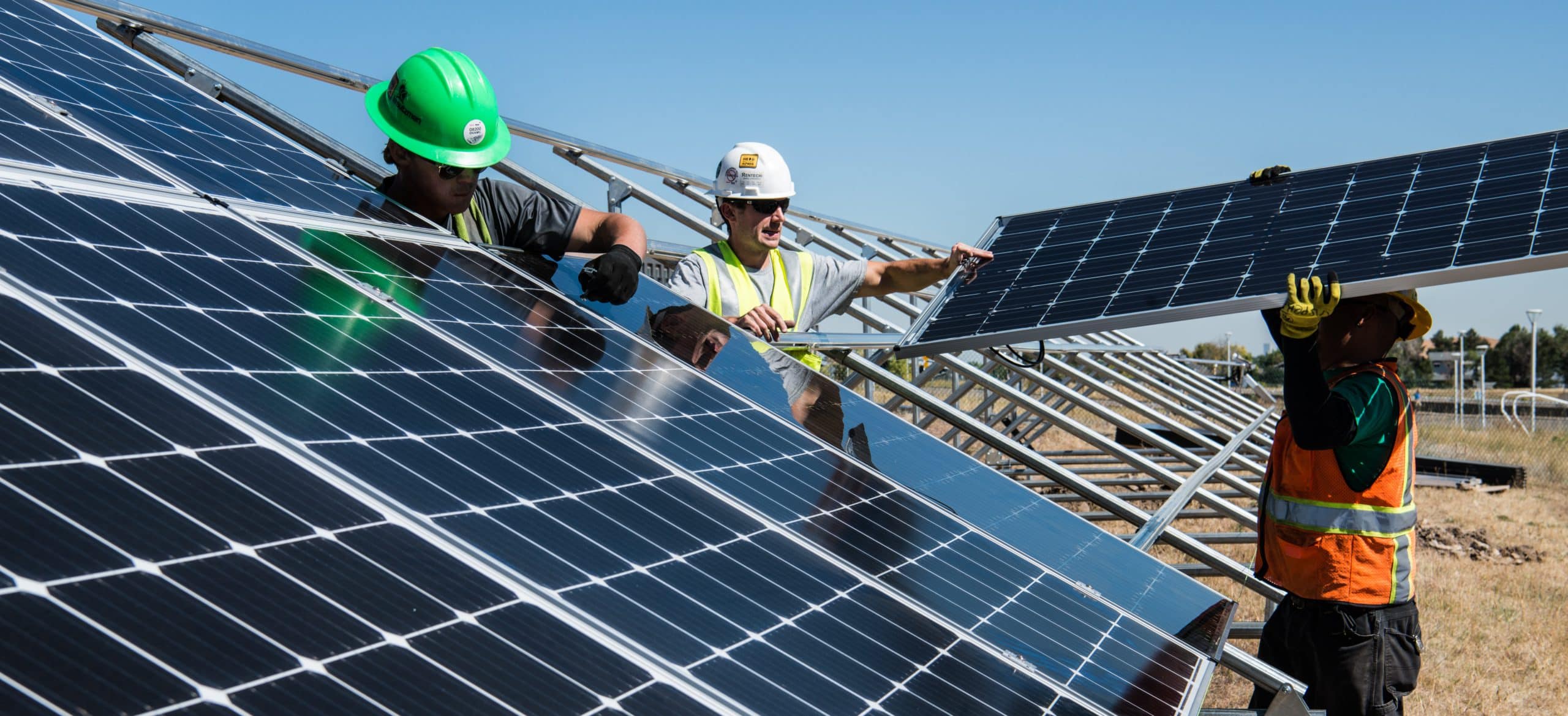
Globally, renewables are growing fast. In the first half of 2020, electricity generation by wind and solar rose by 14% and for the first time, accounted for nearly 10 percent of all electricity. In the U.S. too, renewable energy output increased by 5% from 2019 to 2020.
Experts have warned that to meet climate targets, renewables need to employed at a faster rate, a crux President-elect Joe Biden has promised to promote.
- Whales, marine life bounce back, die down at once
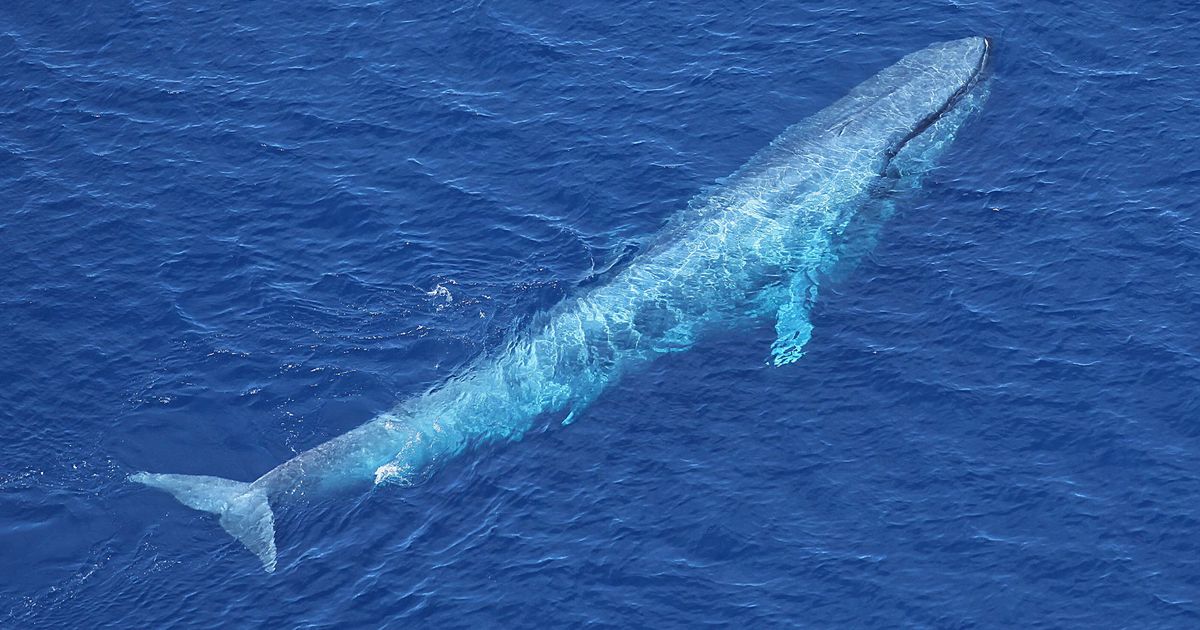
In the waters near South Georgia, just north of Antarctica, scientists spotted more blue whales than they had seen since before commercial whaling ended in the early 20th century. Fifty-five were spotted this year after 50 years in which sightings in the same waters were scarce.
Blue whales are the largest animals on Earth, and, according to the International Whaling Commission, were nearly hunted to extinction. An estimated figure of nearly 300,000 were killed in the first half of the 20th century.
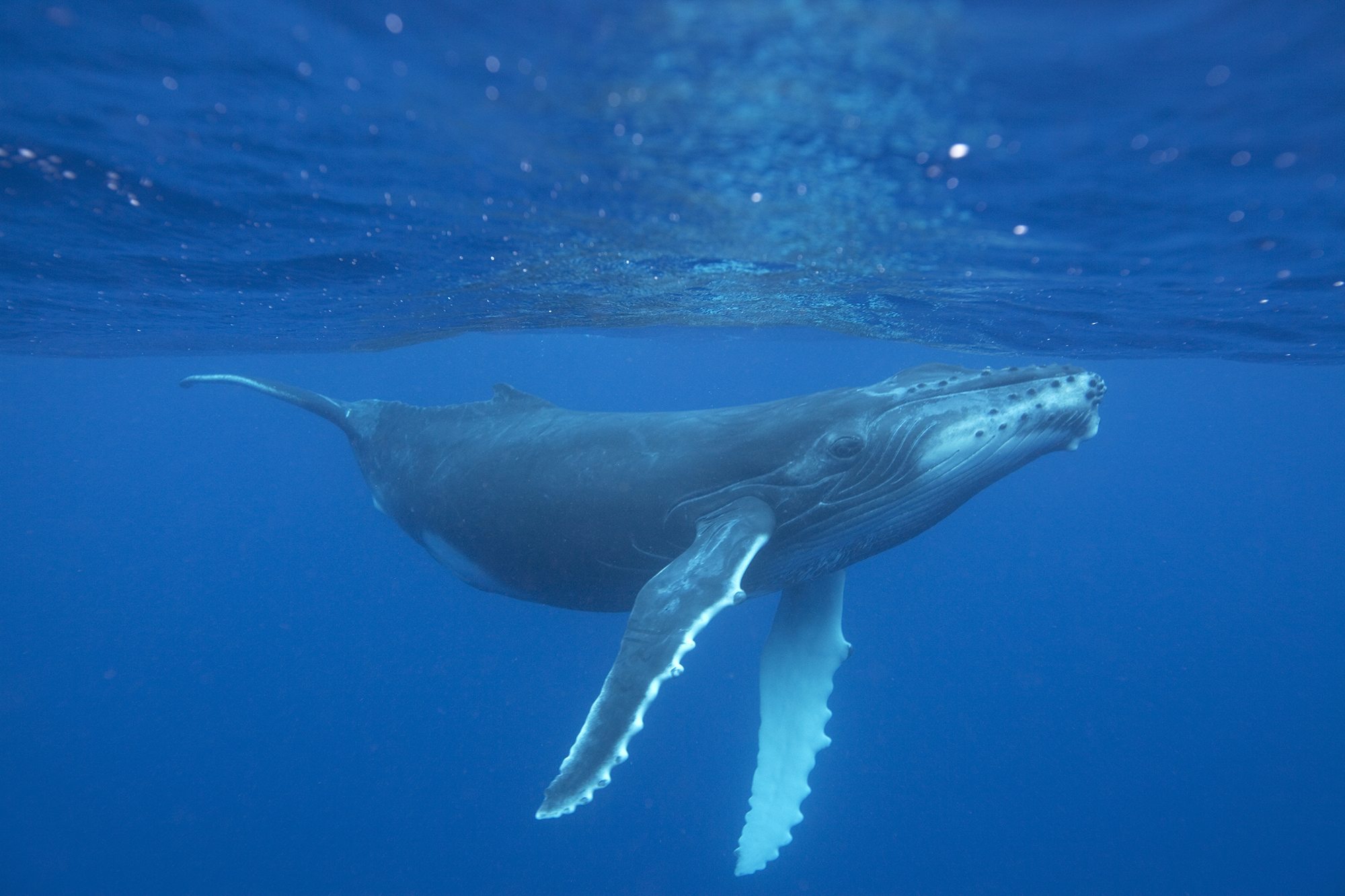
In the same waters, humpback whales have made a far more dramatic recovery, almost rebuilding their pre-hunting populations.
Most countries abide by the International Whaling Commission’s ban on hunting whales, but at the beginning of this year, Japan, Norway, and Iceland still engaged in the practice. However, in early May, Iceland signalled that its few whaling companies may soon shutter, giving anti-whaling activists hope that the world may soon hunt its last whale.
On the grimmer side of things, both Australia and Sri Lanka saw its largest ever whale strandings this year, with scientists renewing their efforts to get to the root of the phenomena. New Zealand too in recent weeks saw near hundred whales beached on its shores despite hours of rescue efforts.
Last week, 14 nations announced that they would sustainably manage 100 percent of their coastal waters by 2025, protecting an area of the ocean totalling roughly the size of Africa.
Each country vowed to combat overfishing, invest in reducing pollution, and set aside 30 percent of its national waters as marine protected areas by 2030. Participating countries include Canada and Mexico, Japan and Australia, Kenya and Ghana, and Norway and Portugal.
Combined, they comprise 40 percent of the world’s coastlines.
The U.K., while not a party to that agreement, announced in early November that, globally, the country is protecting 2.7 million square miles of ocean. Its latest marine protection zone is 260,000 square miles of pristine waters around the remote British territory Tristan da Cunha, a group of islands in the south Atlantic Ocean.
The need for these emerging initiatives ring clear when considering the deep and pervasive crises that plague the oceans to this day.
Oceana reported last month that some 1,800 marine mammals and turtles were found to have ingested or been entangled in plastic along American coastlines since 2009.
Earlier in the year, a study published in the Proceedings of the Royal Society Journal, highlighted a dire state of events — half of the Great Barrier Reef’s corals have shrunk and vanished over the past 25 years.
- A cleaner world, a greener world on the horizon?
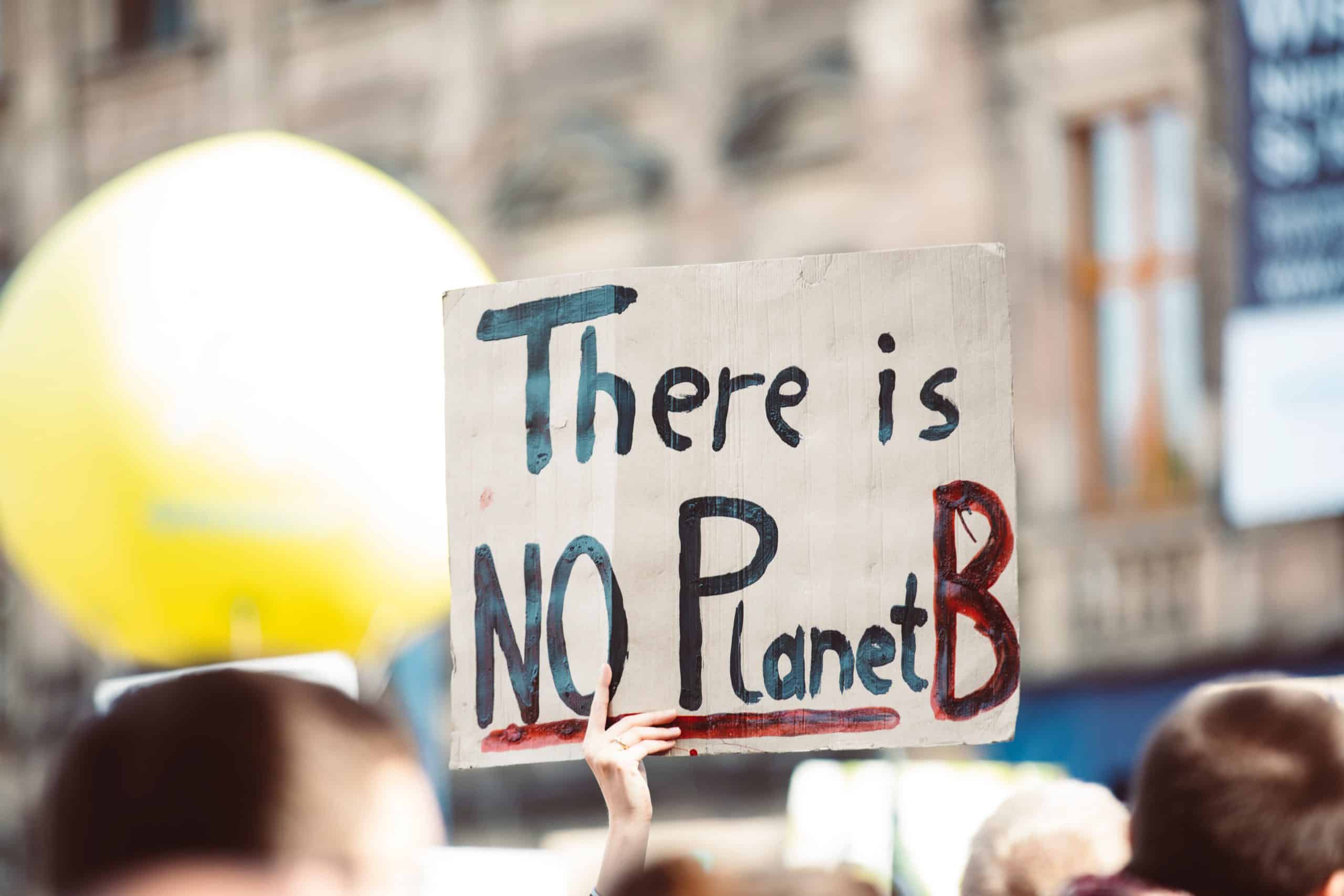
An “anthropause” — that’s the name scientists have given to the pandemic-induced global lapse in human activity.
In March, air travel dropped to 50% of what it had been the year before, the largest decline in recent history, according to the International Air Transport Association.
Vehicular traffic in the U.S. and many other countries fell sharply. Parts of India normally blanketed by air pollution reported being able to see the Himalayas for the first time (though it was a short lived victory with the capital soon seeing a layer of dense, unbreathable smog descend upon it at the peak of farming season.)
While a global pandemic that snatched lives, wrecked livelihoods and ground the world to jarring halt is certainly not the end-all solution to pave a path to the planet’s recovery, the stillness did offer insight into a world that could be if nations were to take a chance to heal and build back, rather than strip bare and destruct.
On a scientific note, experts were also granted an unprecedented opportunity to study ecosystems unperturbed by everyday life and its activities. Even the ocean fell silent, giving marine life a reprieve from human-generated noise pollution.

 Apr 21 2024
Apr 21 2024





